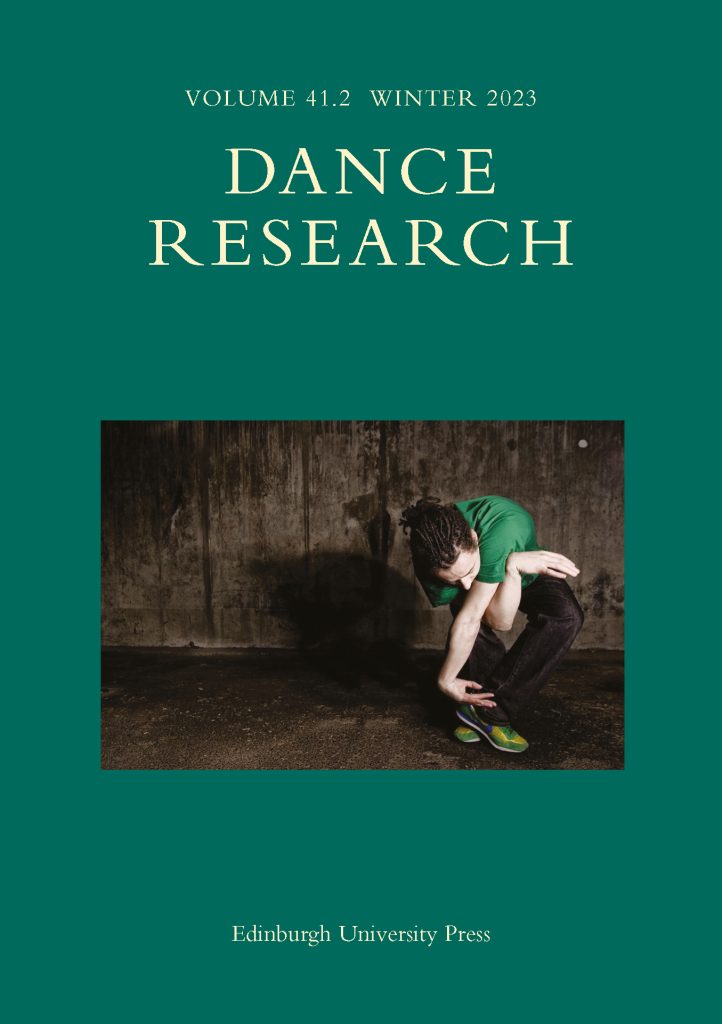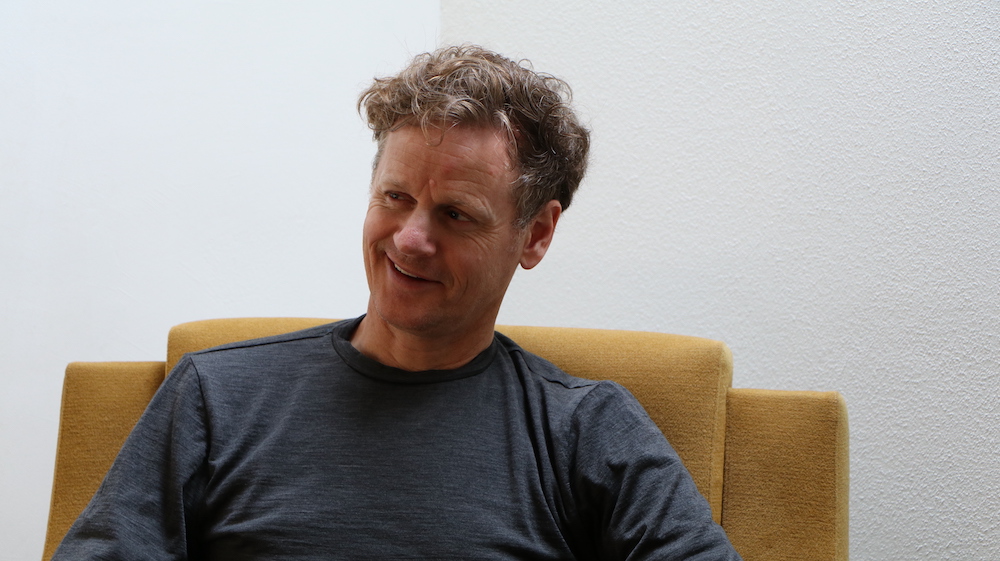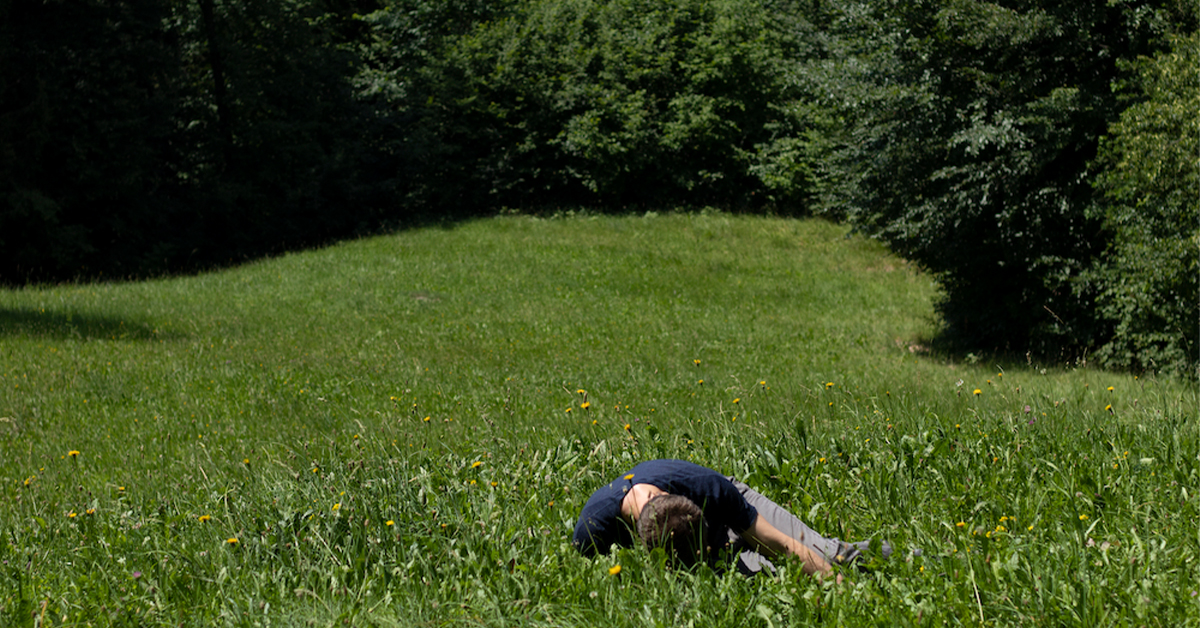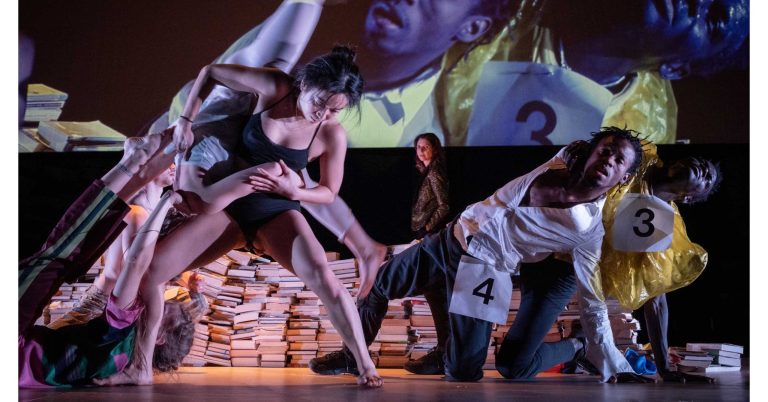
by Simon Ellis
Making art is messy.
Artists make lots of decisions under less-than-ideal conditions without a clear understanding of how the work will turn out and how it will be felt and experienced by others. When we make artistic work it depends on our experiences and practices, some of which we are aware of, others that have simply seeped into who we are.
Making art as a form of research – what is called practice research in the UK – will inevitably reflect this messiness, even when we do our best to make it look tidy, ready and complete … or perhaps significant, rigorous and original.
In my article for Dance Research 41(2) Ecosystemic practice-research (for the benefit of others), I explore two aspects of art making that is framed as research. The first is that it matters when we label art-making as research. The second is our responsibility as artist-researchers to draw our work into deep dialogue with other overlapping artistic practices.
My goal in this writing is to poorly reconcile the messiness of making art with the conventions of academia.
How might we continue to respect the profound unknowing of art making within knowledge production systems that value certainty? In other words, I am trying to have my epistemic cake and eat it.
Sign up to our mailing list to keep up to date with all of our free content and latest releases
About the journal

Dance Research, the journal of the Society for Dance Research, is essential reading for those involved in the study and practice of dance. The journal covers dance worldwide both from a historical and contemporary perspective, engaging with current debates on dance and across cognate disciplines with dance at the centre of inquiry.
Sign up for TOC alerts, subscribe to Dance Research, recommend to your library, and learn how to submit an article.
About the author

Simon Ellis is a choreographer and filmmaker. He was born in Aotearoa New Zealand, but now lives in the UK and works at the Centre for Dance Research (C-DaRE) at Coventry University. He grew up in a family where conversations about human dignity, consumerism and even technology were common. These conversations have shaped his values as an artist, and underpin much of what his practice is about, and how it is conducted.





